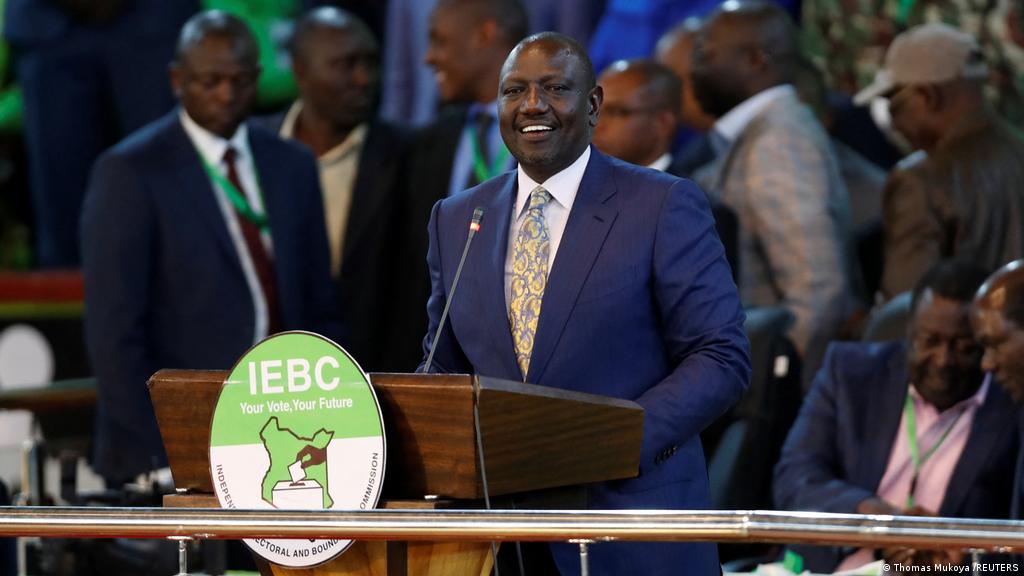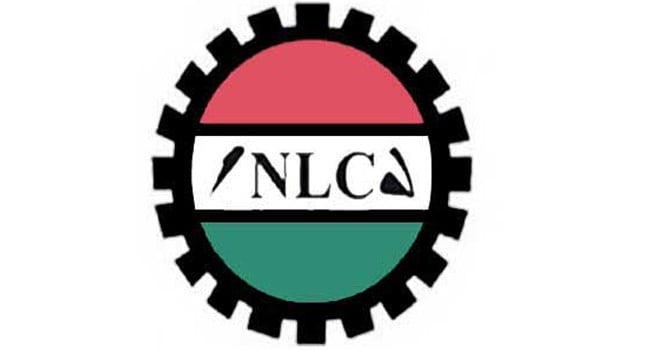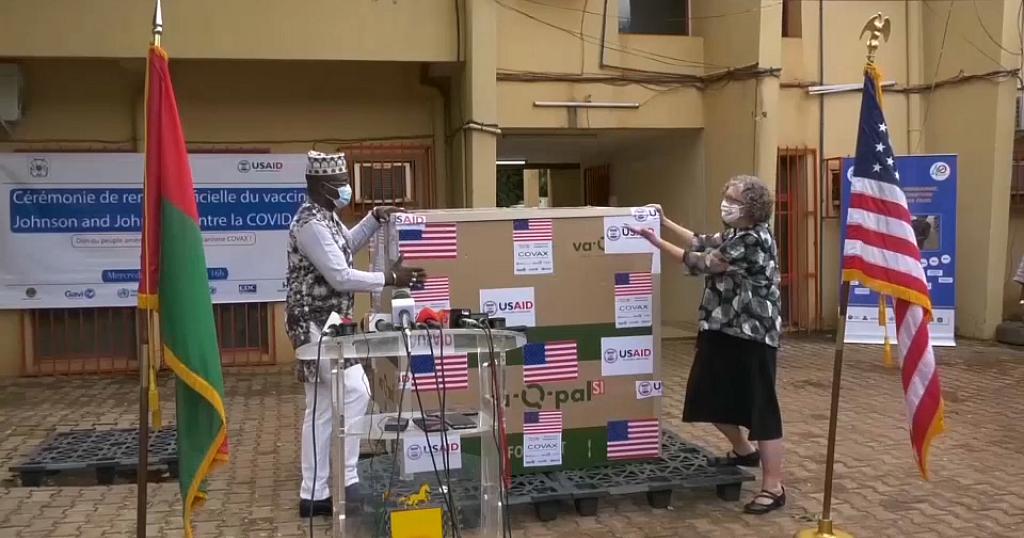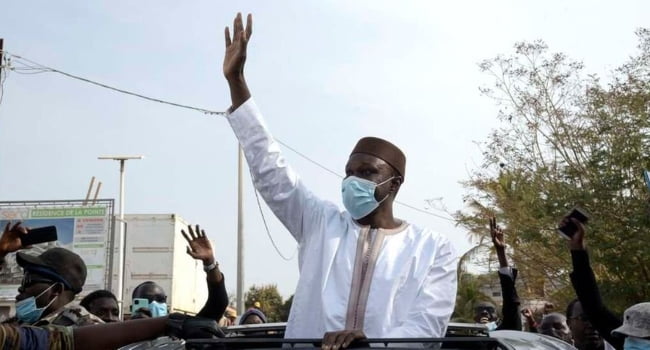What will happen following Kenya’s erratic presidential election
Following William Ruto’s erratic announcement as the winner of the just concluded election in Kenya, there have been a variety of responses.
Ruto stated that he would cooperate with everyone and that he would not seek retribution against any official in his administration.
“There is no place for retaliation. Looking backwards is not an option because we are focused on the future. I am well aware that in order to bring our nation forward, we need all hands on deck “said Kenya’s next president William Ruto.
Despite violent protests in the strongholds of his vanquished challenger, allegations of vote tampering, and a split in the commission that monitored the election, Nairobi remained quiet last night, and many there seem optimistic about a better future.
“Even where I am standing right now and where I have come from, there is peace because everyone is content, there is no conflict, and there is no dissatisfaction. After these elections, everyone is content and peaceful “businesswoman Margaret Njeri stated.
“Kenyans are now wiser; there is no longer any fighting among them. Since you are my brother, why would I attack you? We cooperate with all tribes, including the Luos, Kalenjins, and numerous more. There is no need for fighting, and the nation ought to advance “said a Joseph Karanja
After William Ruto was proclaimed the victor of Kenya’s closely contested presidential election, Raila Odinga’s outraged supporters took to the streets in Kisumu, his home town, and began throwing rocks, burning tires on fire, and constructing roadblocks.
Odinga’s campaign claimed that a winner was improperly announced without a quorum of commissioners and that many unidentified “electoral violations” were committed.
Odinga’s running mate and former justice minister Martha Karua tweeted, “It is not done till it is over.”
Across Kenya, crowds erupted in celebration in some places and fury in others. As night fell, fans of Odinga yelled “No Raila, no peace!” and set fire to tires in the crowded Kibera area of Nairobi. Religious authorities begged for peace.
Odinga’s campaign has seven days to launch a legal challenge, prolonging the state of ambiguity in Kenya, a nation of 56 million people regarded as essential to regional security. It will take the Supreme Court 14 days to decide.
Odinga, a 77-year-old veteran of the opposition who enjoyed the support of outgoing President Uhuru Kenyatta, is most likely making his final bid. Years ago, Kenyatta and his deputy, Ruto, had a disagreement.
The disagreements among the election commissioners, according to Ruto, are only a “sideshow” and “mount no threat at all to the legality of the proclamation.”
The sad events of this evening, according to Ruto, were an effort by our rivals to undo the progress the nation had made. He welcomed the election, which many Kenyans saw as a step toward greater openness and stability and which was mainly free of the fatal ethnic tensions of the past.
Ruto stated in his acceptance address that there will be a “transparent, open, democratic government” and that those who had opposed his campaign “had nothing to fear.” He also stated that there was no place for retaliation.
Those were significant promises coming from a man who had formerly been Daniel Arap Moi’s protégé. Daniel Arap Moi presided over Kenya for over ten years as a dictatorial one-party state.
The 55-year-old Ruto played on his days as a boy selling chickens to depict himself as the boisterous outsider during the campaign. He claimed that Kenyatta and Odinga, whose fathers served as the country’s first president and vice president, respectively, and “dynasties” from more affluent families, would face off in the election.
Many Kenyans who were battling rising prices, a lack of job opportunities, and endemic corruption found the message to be appealing.
These are individuals who are unaware of the cost of bread. The political elite, according to Ruto supporter Francis Irungu, “don’t know the price of anything.”
Many Kenyans perceived Odinga, famous for his decades-long detention during his campaign for multiparty democracy and for backing Kenya’s ground-breaking 2010 constitution, as an establishment figure this time.
Despite the last-minute confusion, the electoral commission increased transparency in this election by releasing online more than 46,000 results forms from all throughout Kenya, effectively inviting Kenyans to do their own tallying. Counties released by media outlets and other participants in the challenge mirrored Monday’s outcomes.
Both Odinga and Ruto called for calm while the populace waited nearly a week for the declaration.
More than 1,000 people were slain as a result of Odinga’s claims that the 2007 election had been stolen from him. The International Criminal Court indicted Ruto, who was Odinga’s supporter at the time, for his role in the violence on counts of crimes against humanity; however, the case was closed due to claims of witness intimidation.
Due to anomalies, the country’s 2017 election results were annulled by the high court—a first for Africa. The next election, which Kenyatta won, was boycotted by Odinga.
Kenyans hoped that this time, peace would prevail.
Richard Osiolo, a local of western Nyanza, stated over the weekend that “leaders are there to come and go.” “I should live to see you lead, whether it’s for good or for ill, and then I’ll have another chance to pick another one.”



